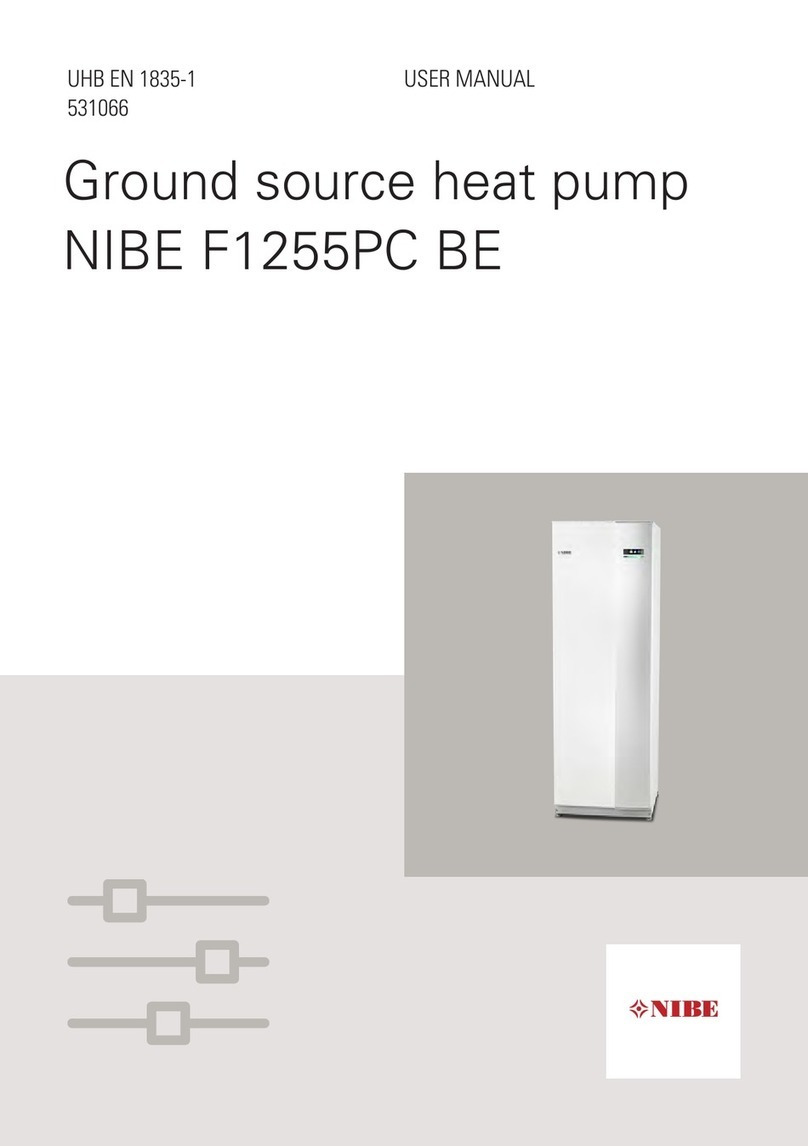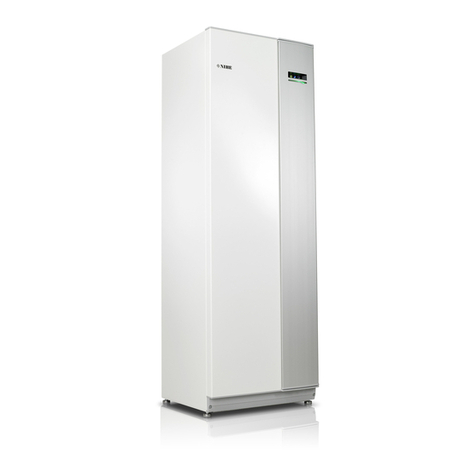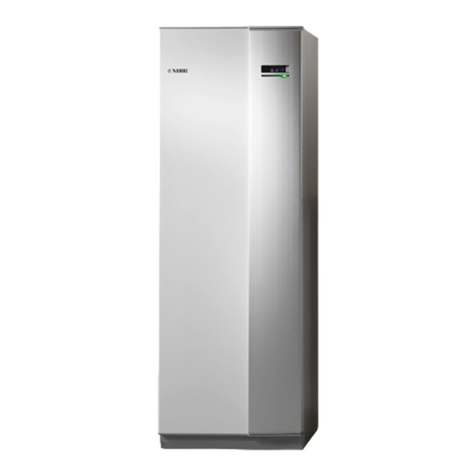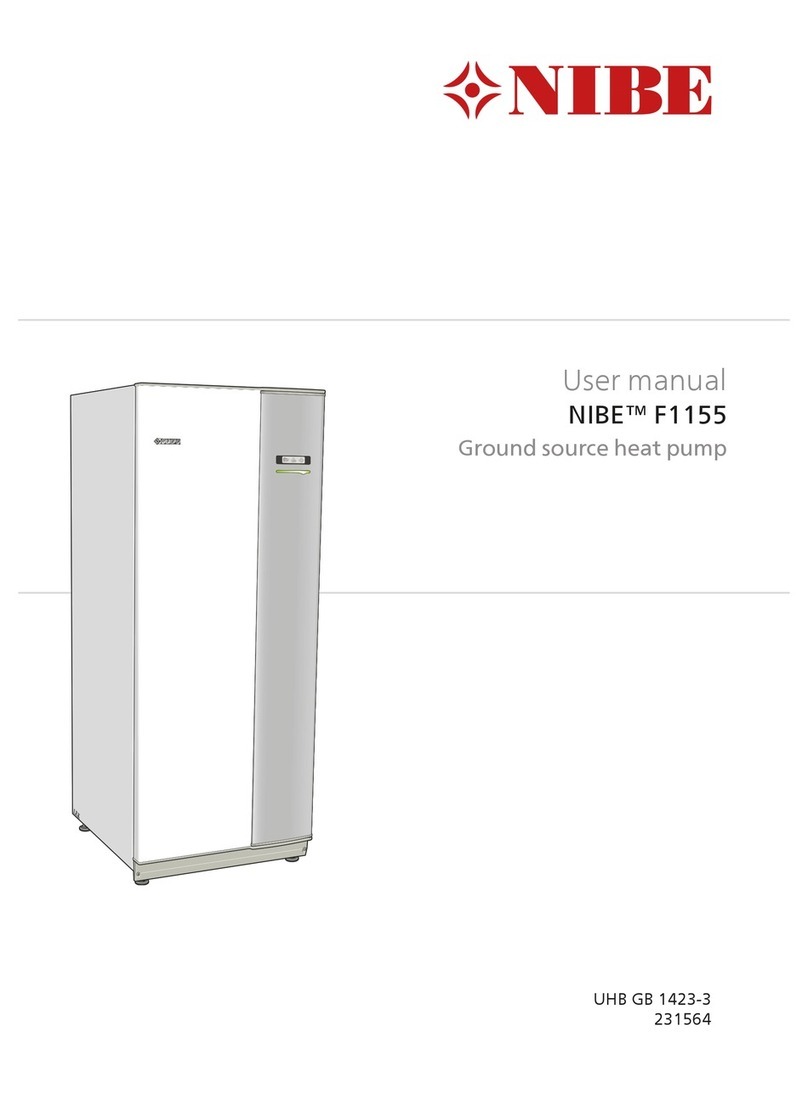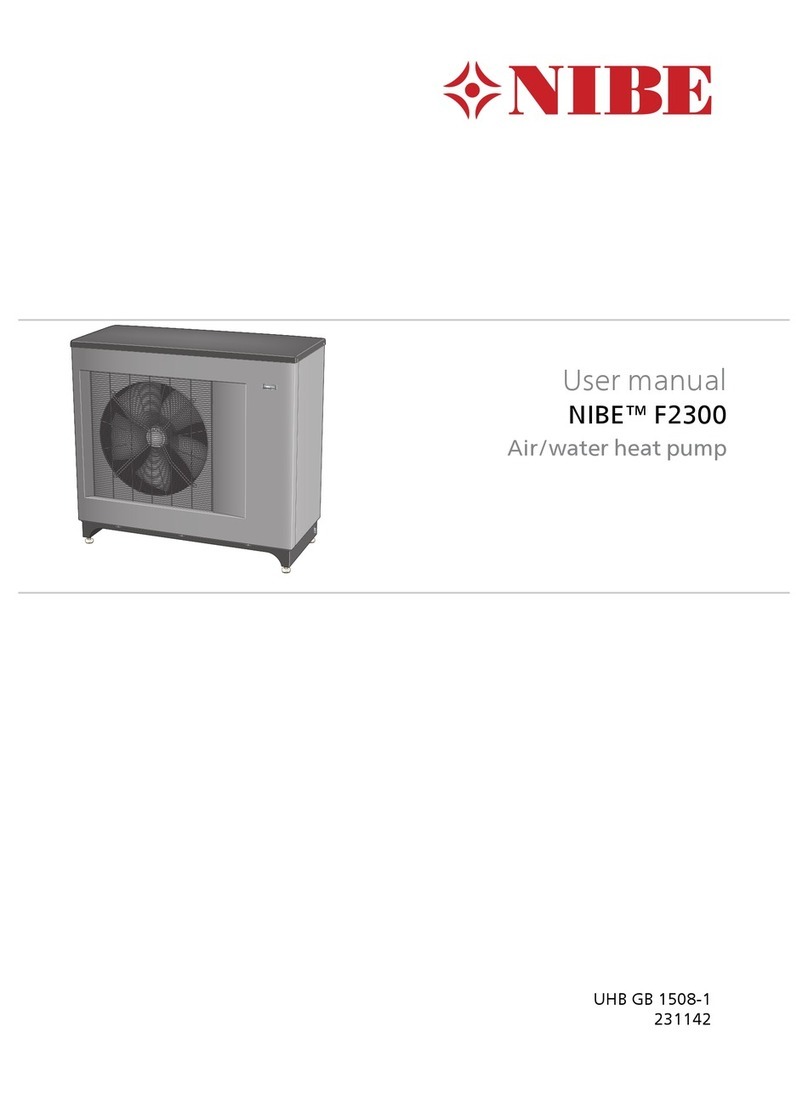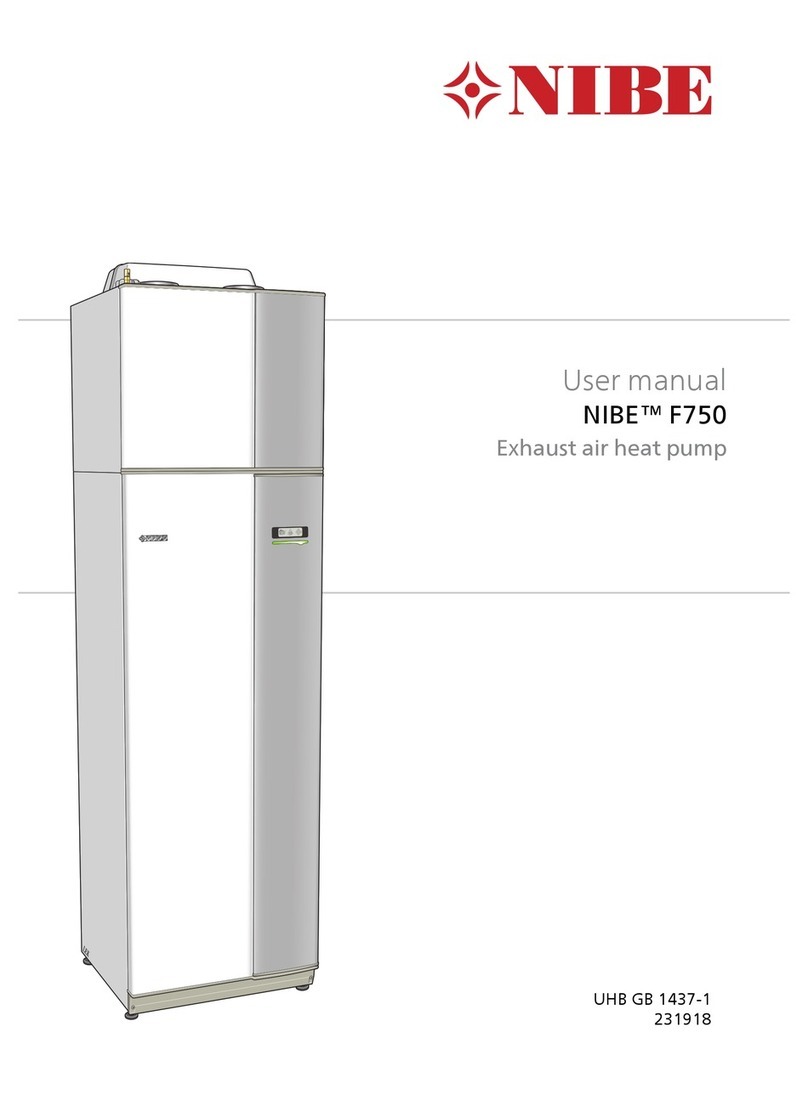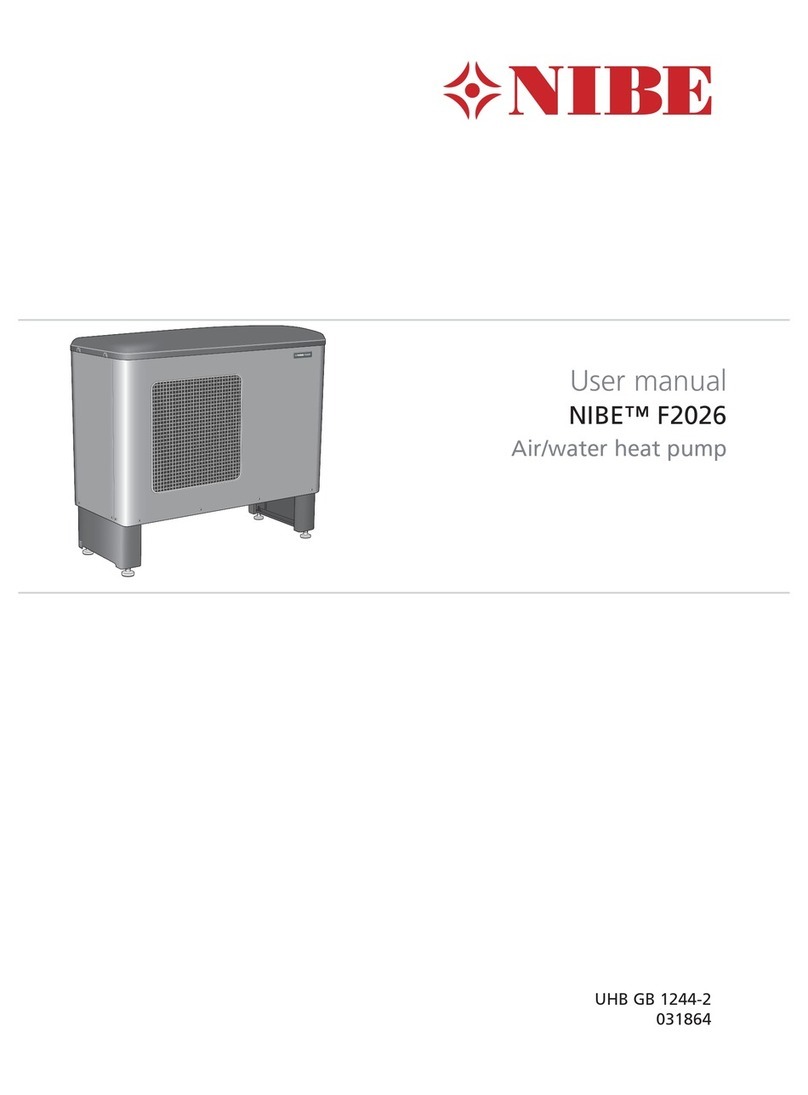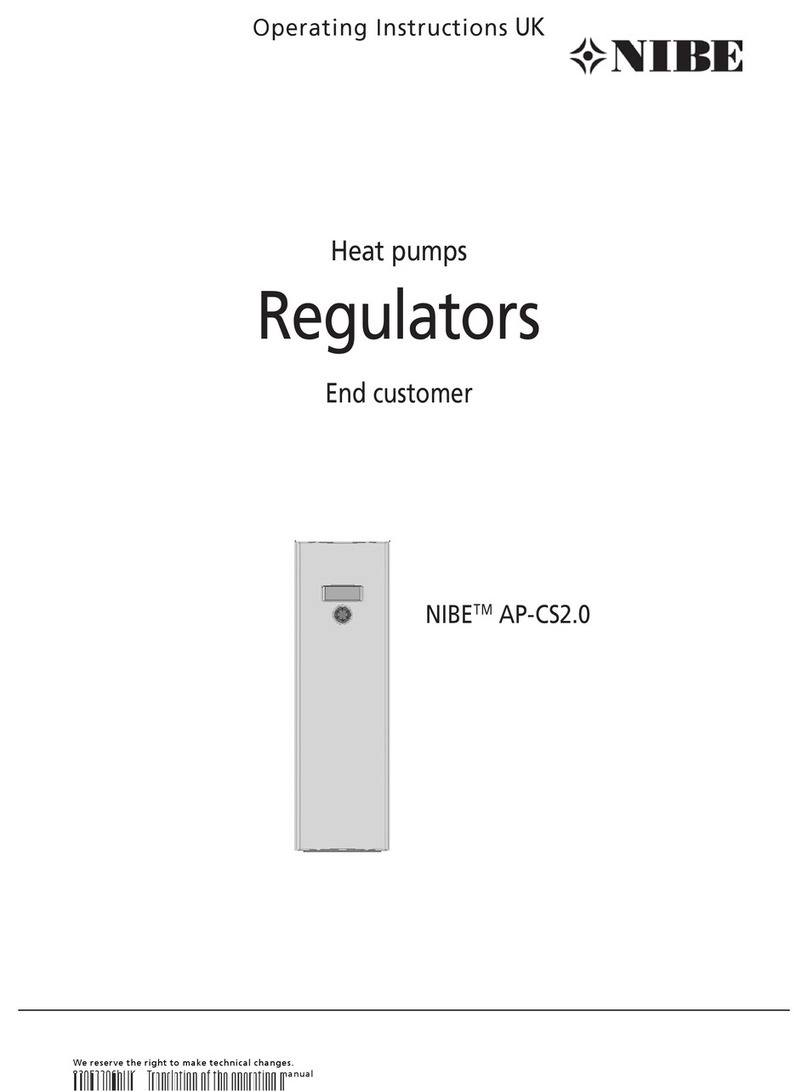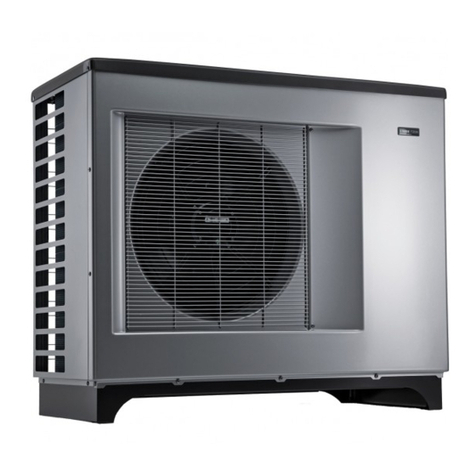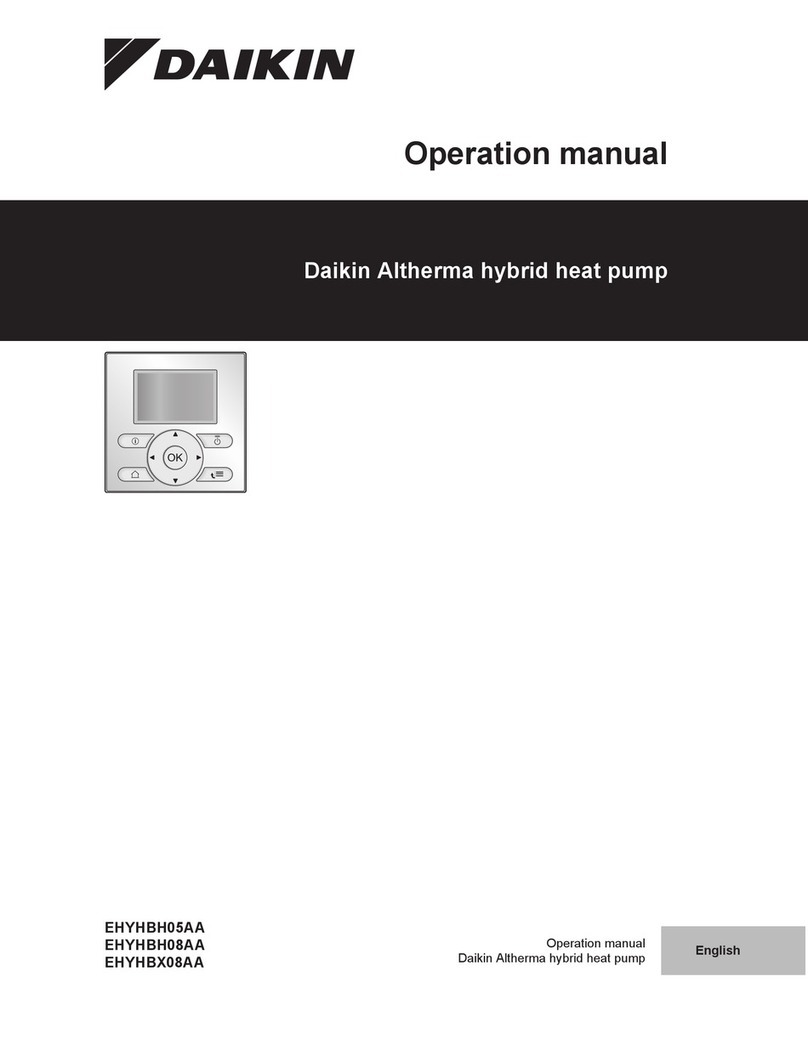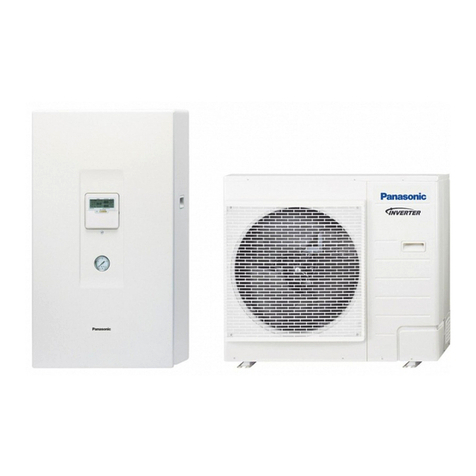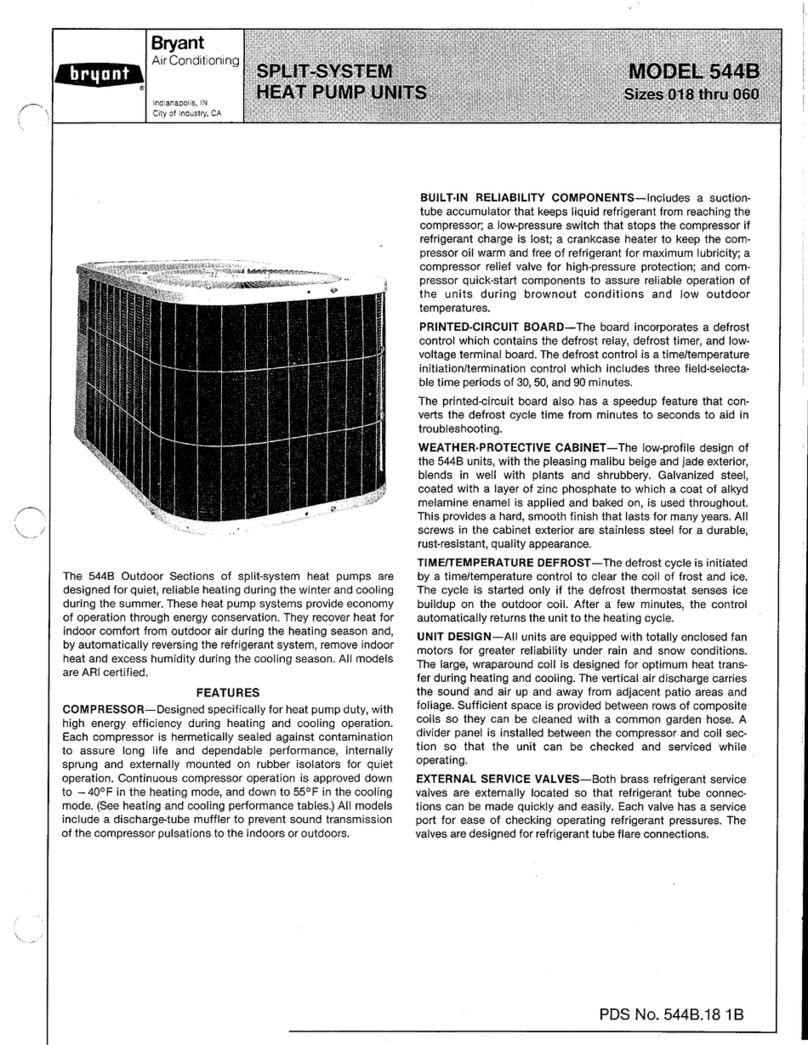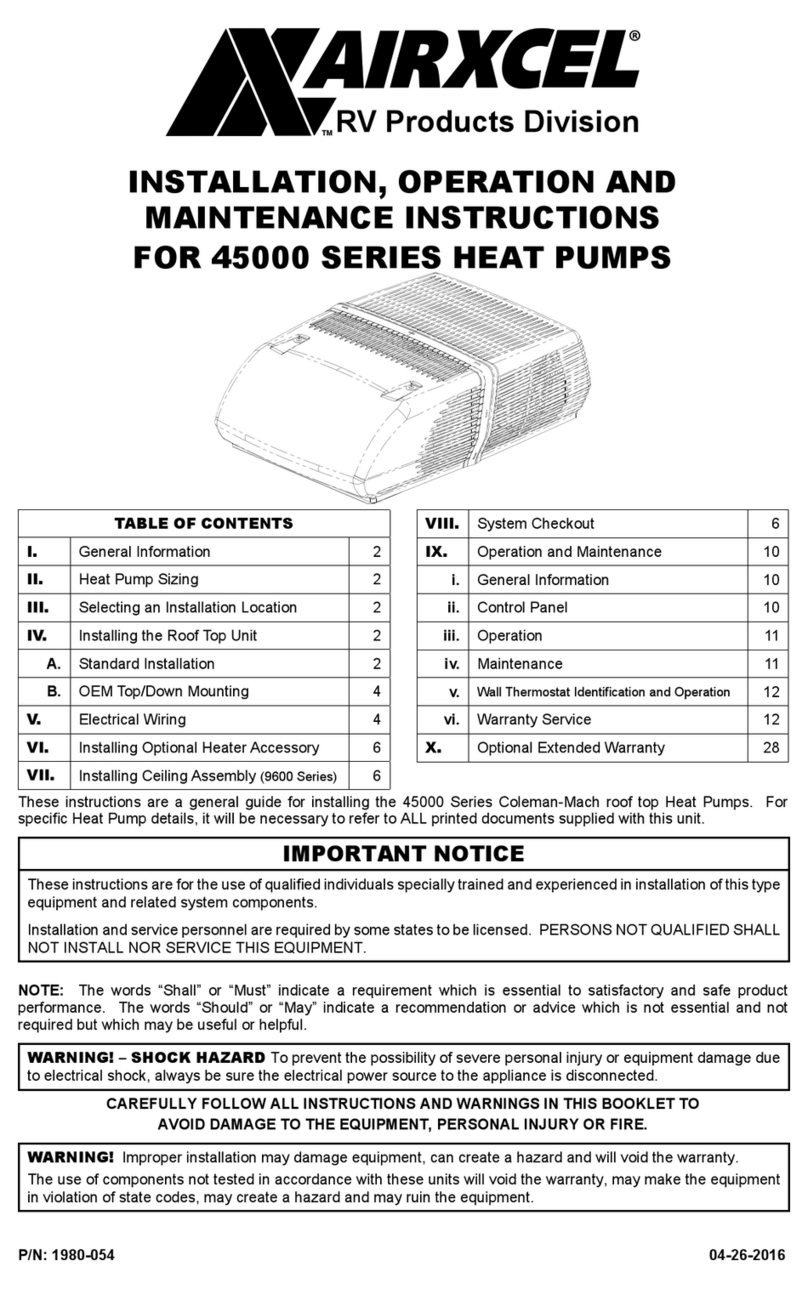Nibe F1155 Series User guide
Other Nibe Heat Pump manuals

Nibe
Nibe S735 User manual
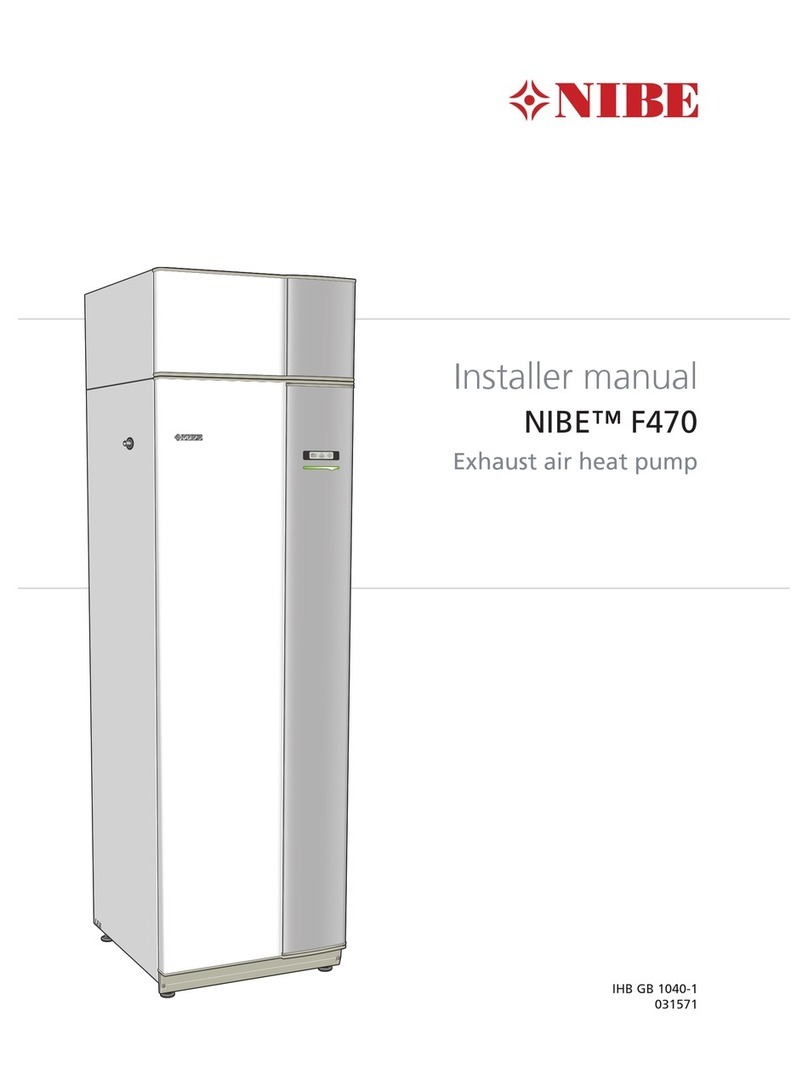
Nibe
Nibe F470 User guide
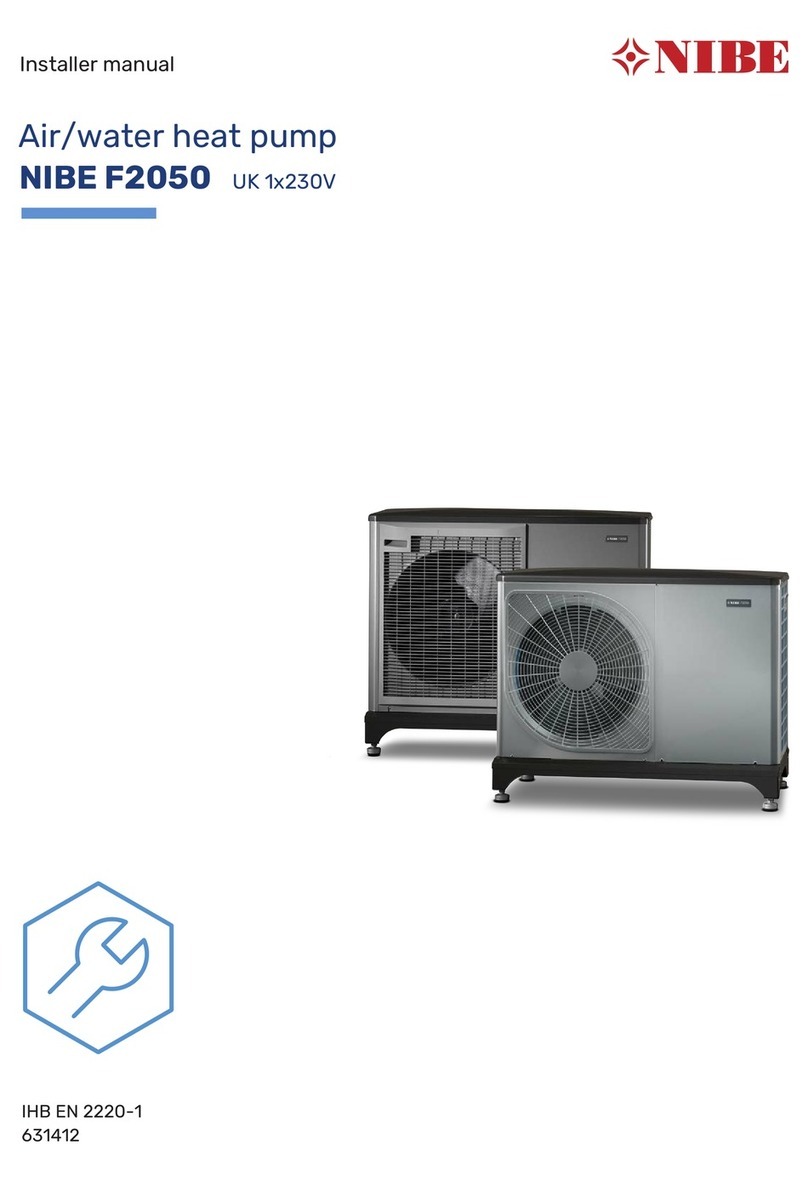
Nibe
Nibe F2050 User guide
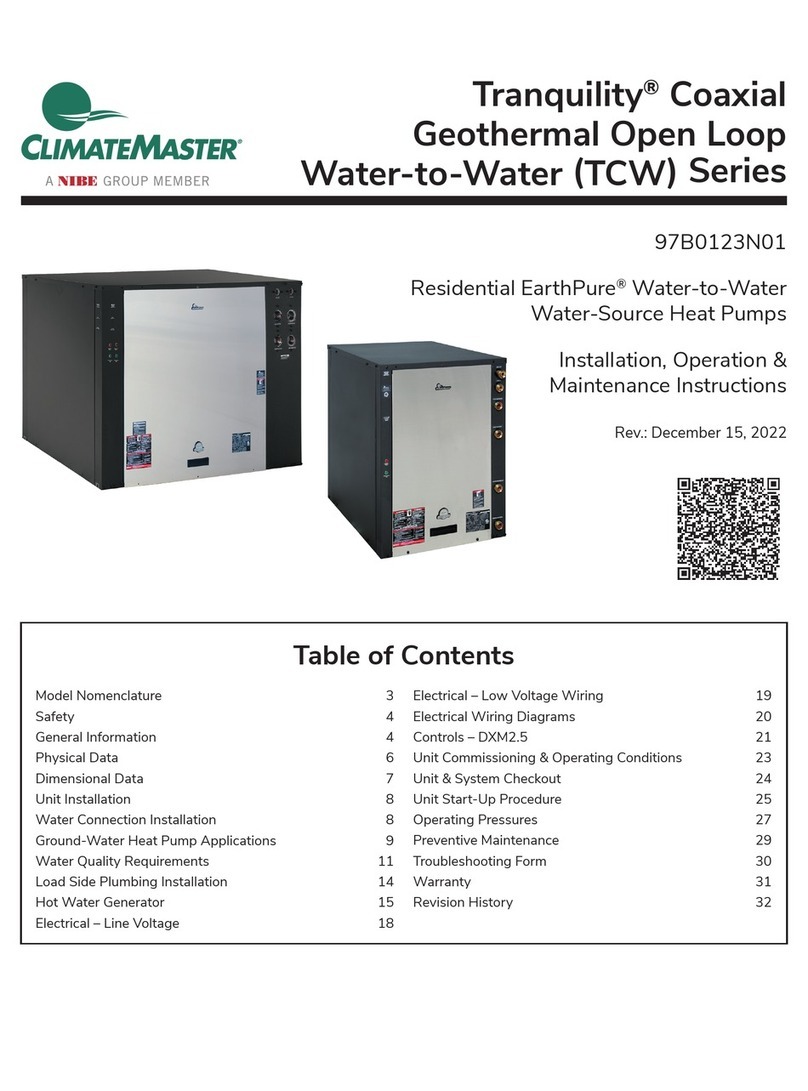
Nibe
Nibe ClimateMaster Tranquility TCW Series Guide

Nibe
Nibe F730 User manual

Nibe
Nibe F2120 Series User manual
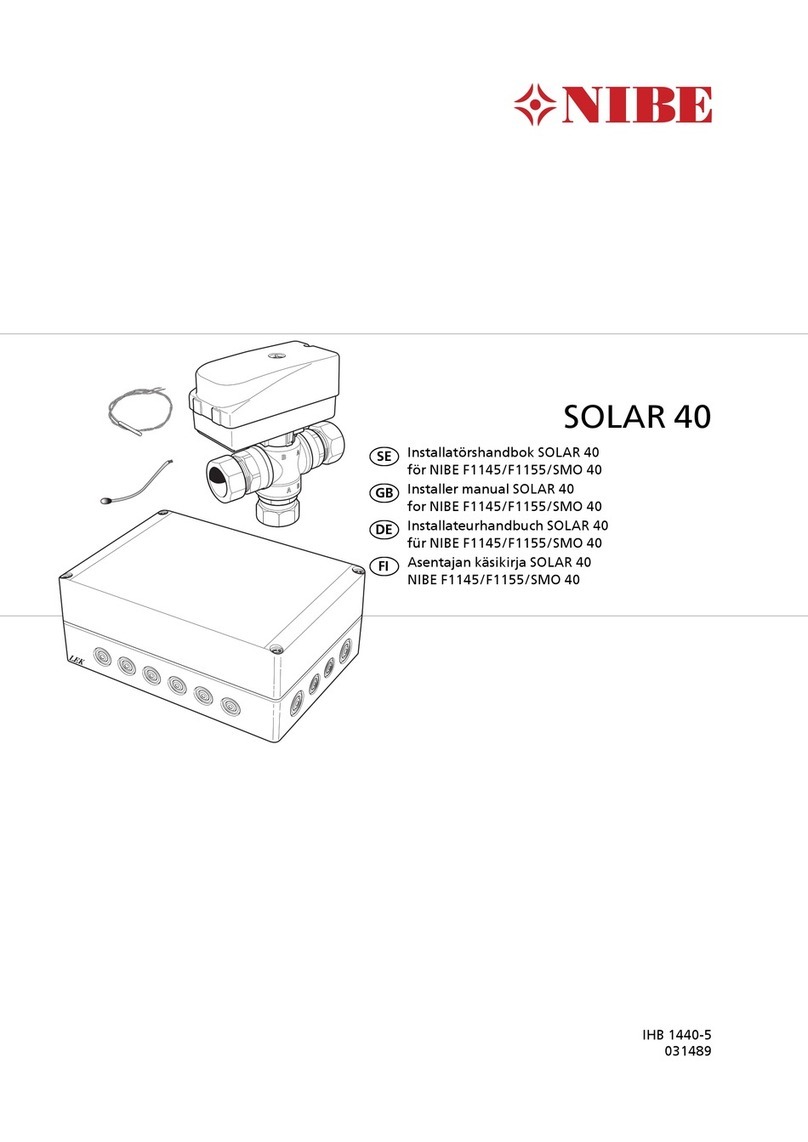
Nibe
Nibe SOLAR 40 User guide
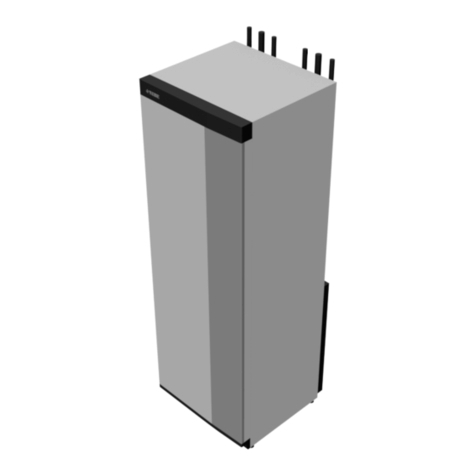
Nibe
Nibe S1255PC User guide

Nibe
Nibe F470 User guide

Nibe
Nibe Fighter 2005 Original operating manual
Popular Heat Pump manuals by other brands
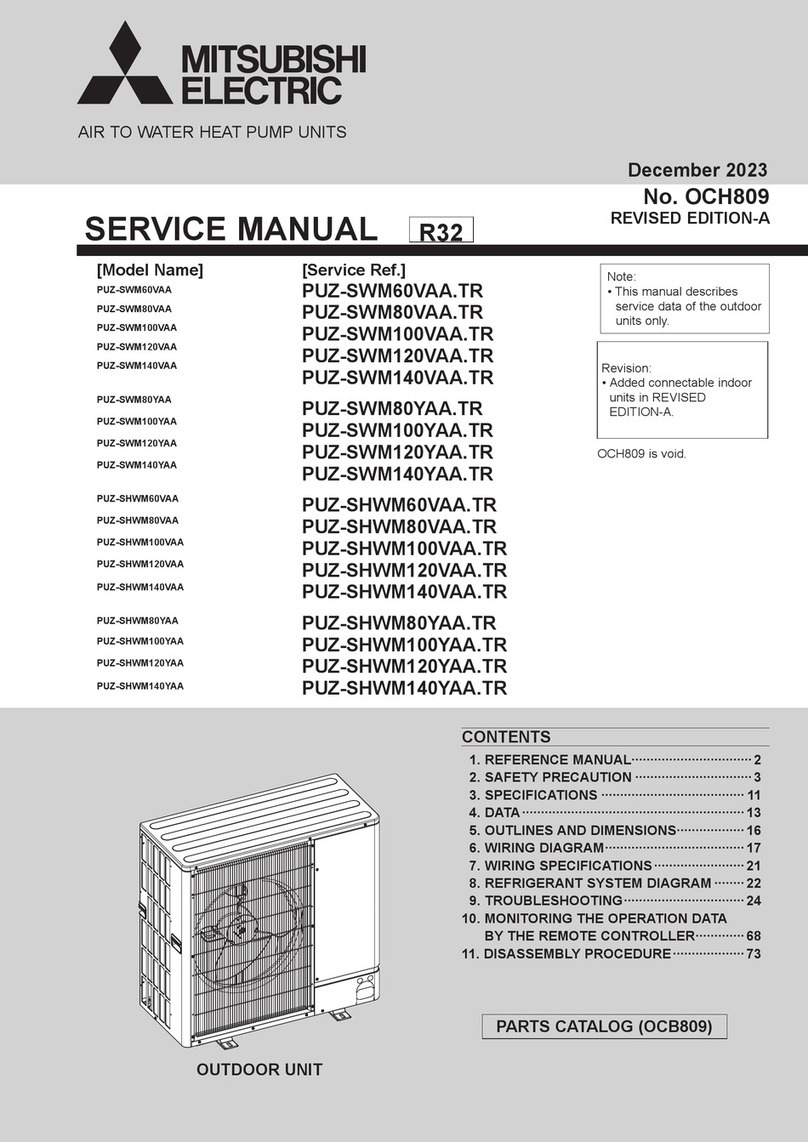
Mitsubishi Electric
Mitsubishi Electric PUZ-SWM60VAA Service manual

Dimplex
Dimplex LI 16I-TUR Installation and operating instruction
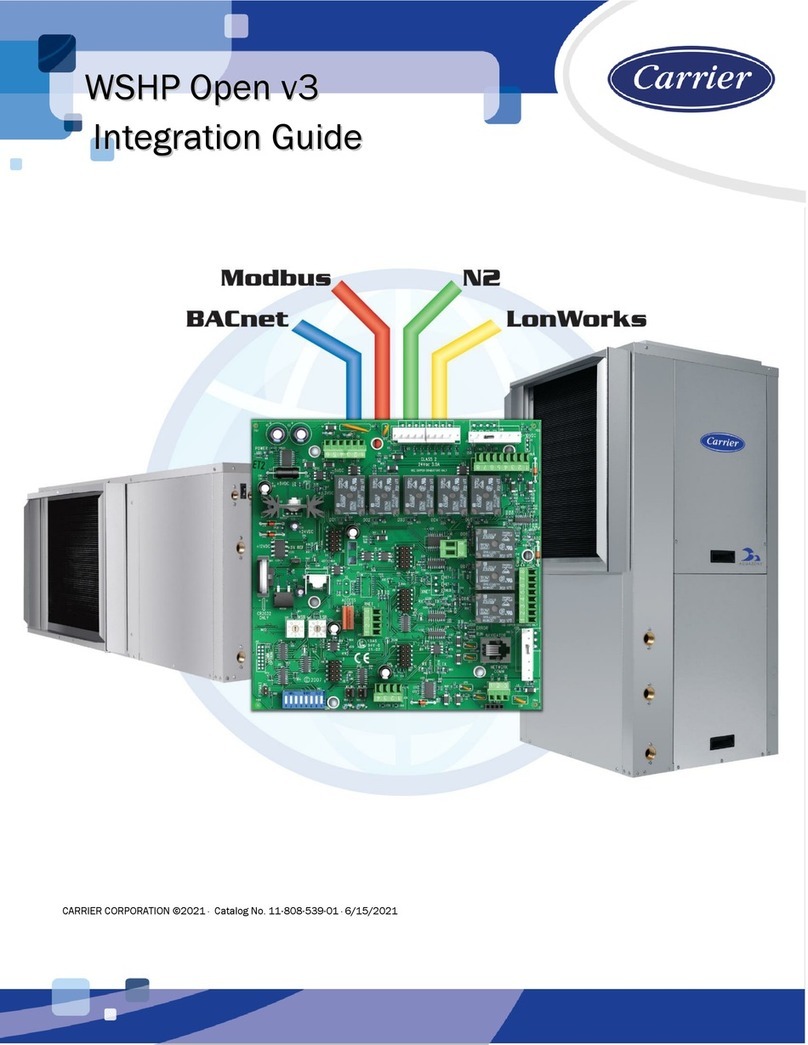
Carrier
Carrier WSHP Open v3 Integration guide

TGM
TGM CTV14CN018A Technical manual

Carrier
Carrier 38MGQ Series installation instructions
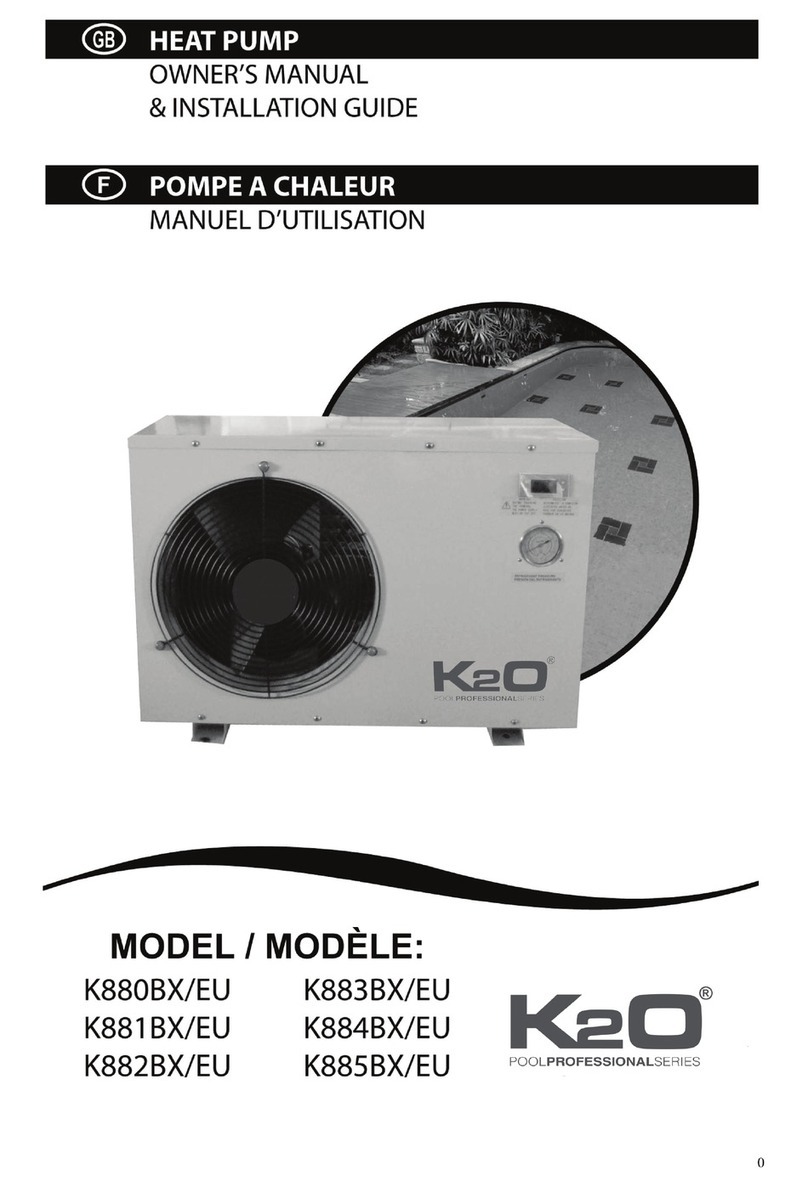
Kokido
Kokido K2O K880BX/EU Owner's manual & installation guide

Viessmann
Viessmann VITOCAL 300-G PRO Type BW 2150 Installation and service instructions
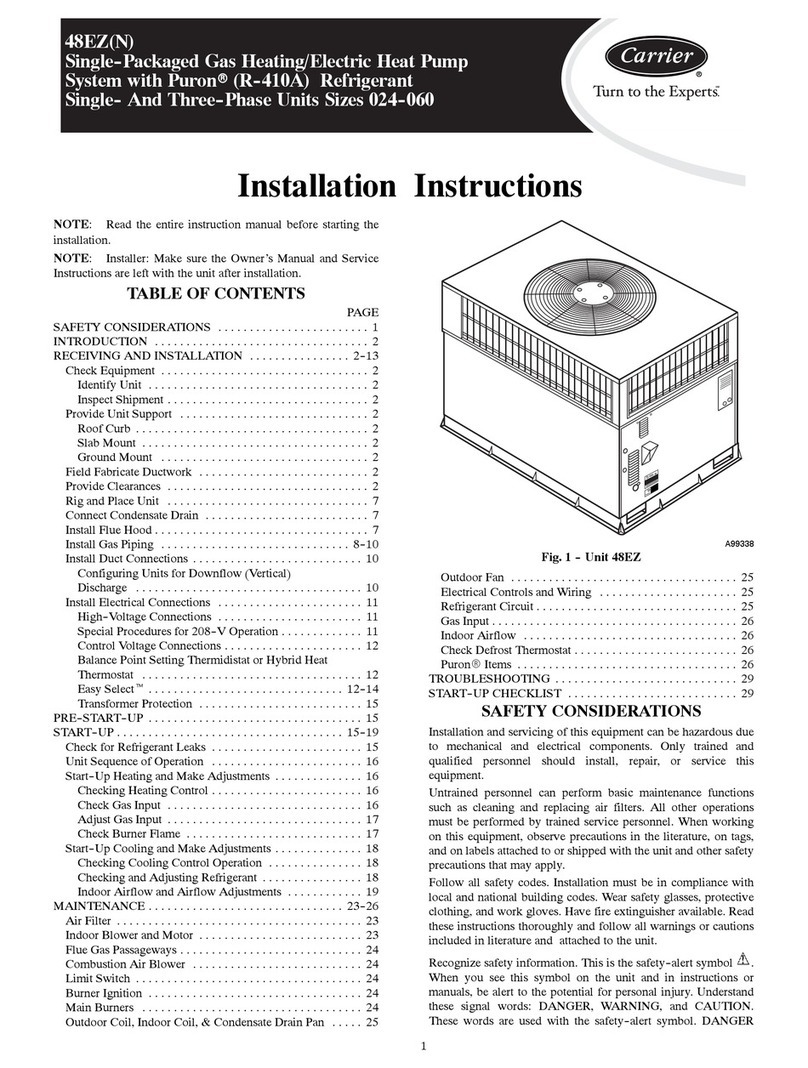
Carrier
Carrier 48EZN installation instructions
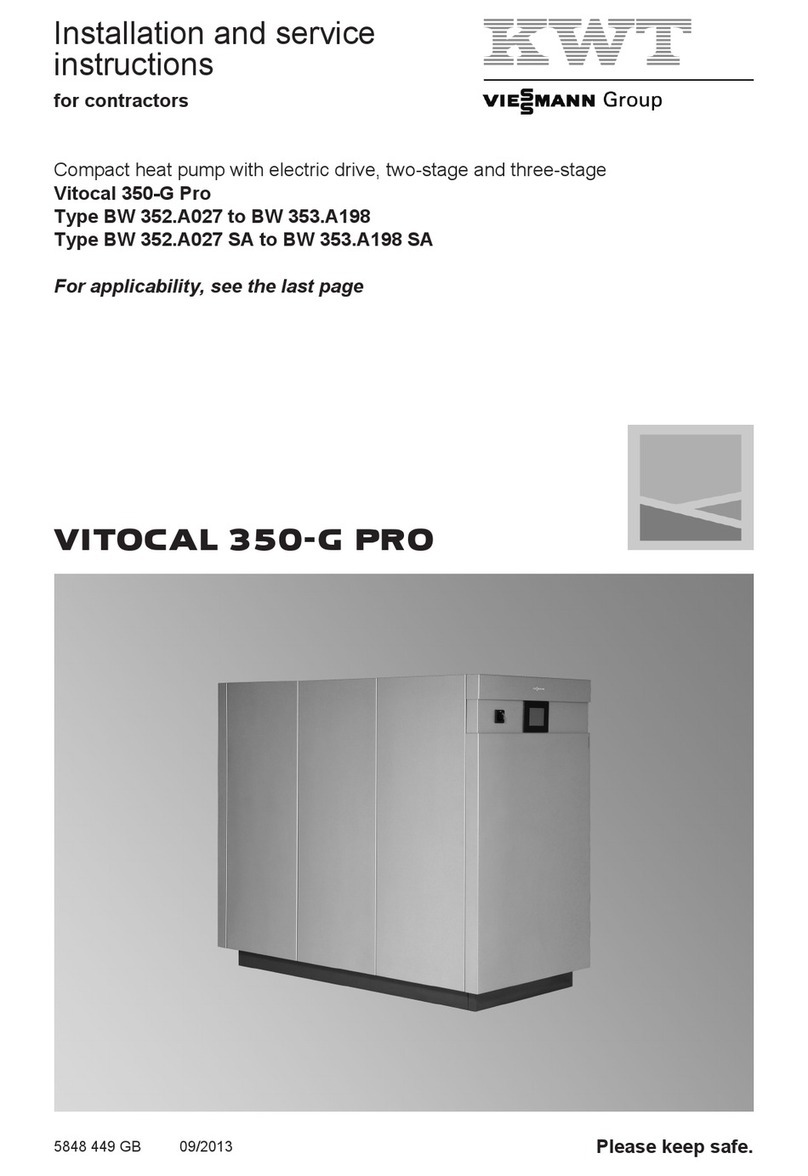
Viessmann
Viessmann KWT Vitocal 350-G Pro Series Installation and service instructions for contractors
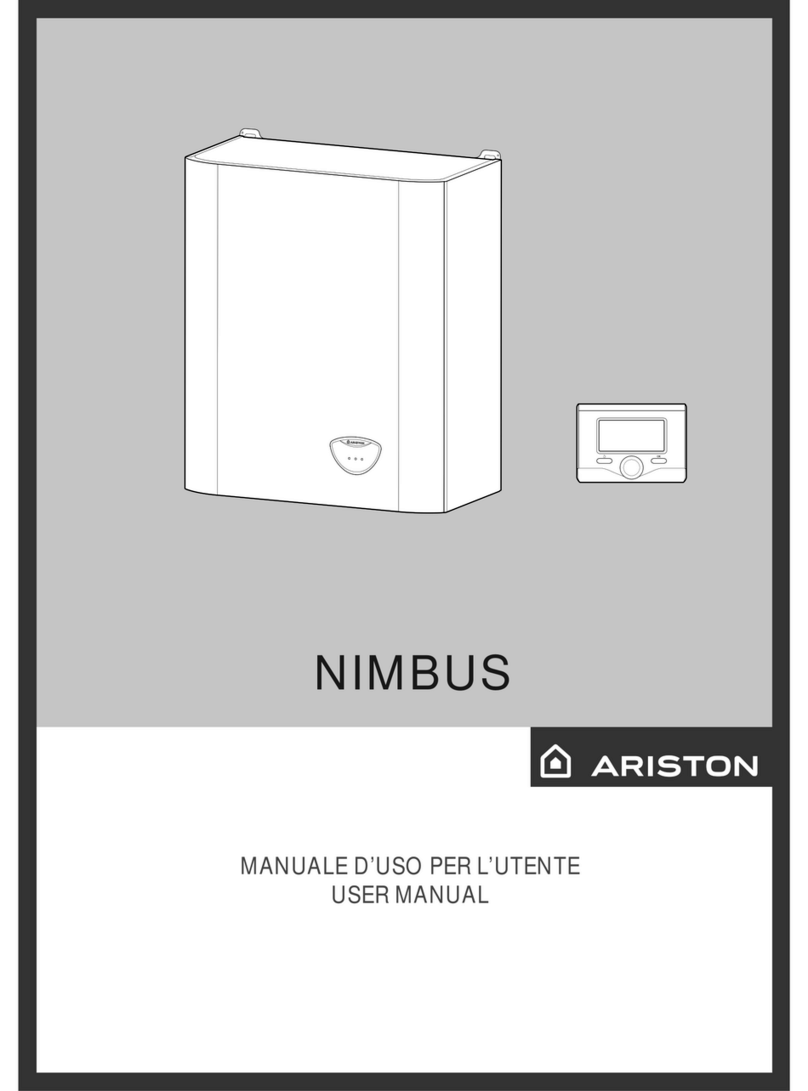
Ariston
Ariston NIMBUS user manual
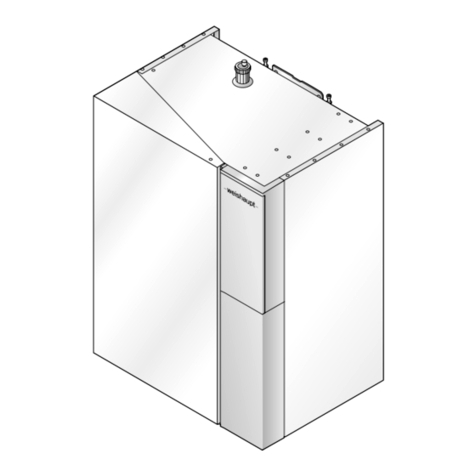
Weishaupt
Weishaupt WWP L 7 Installation and operating instruction
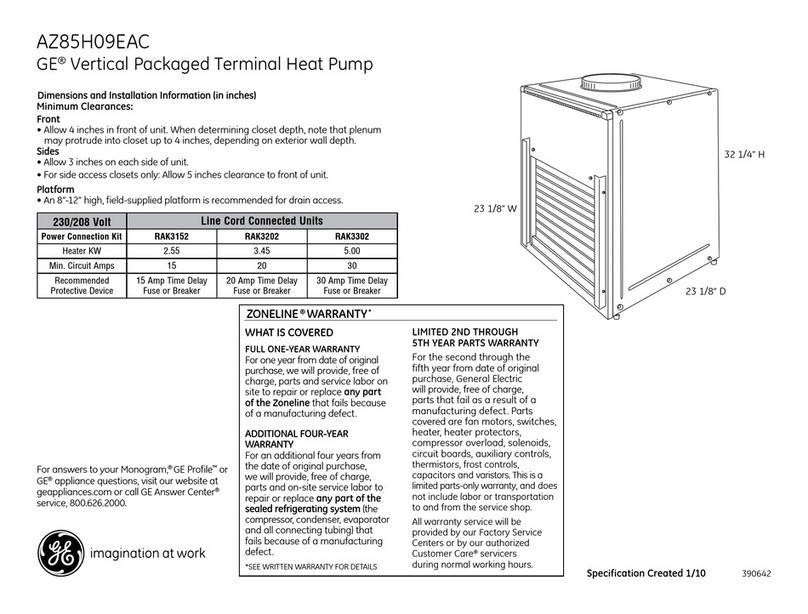
GE
GE Zoneline AZ85H09EAC datasheet
